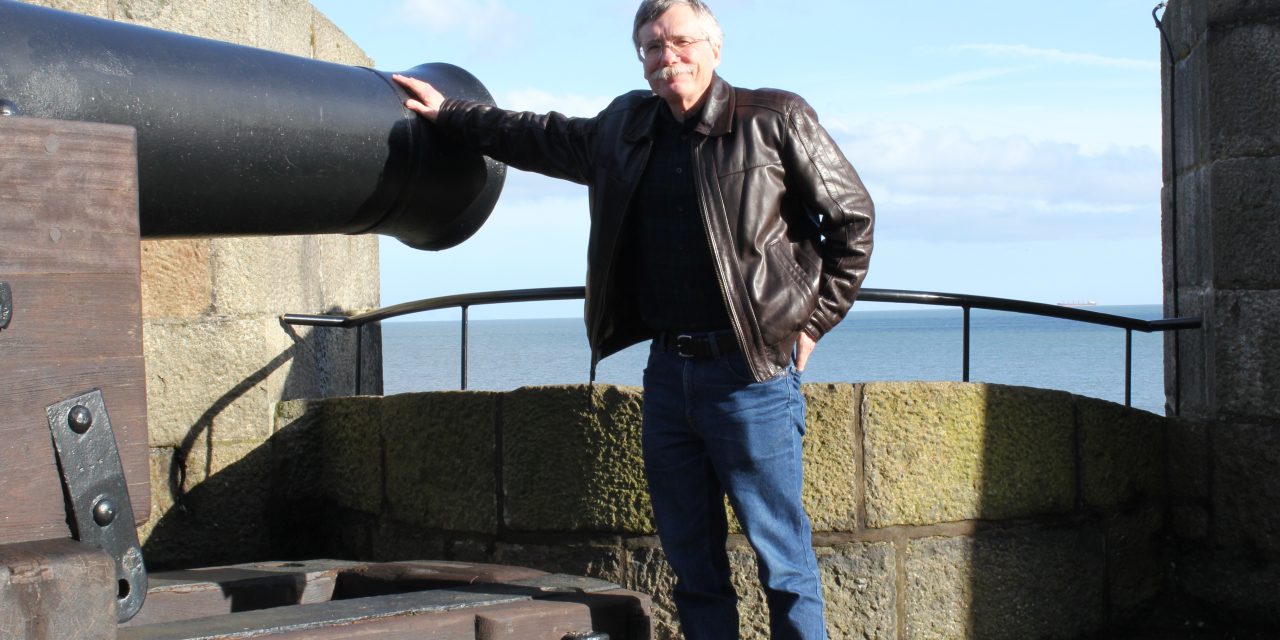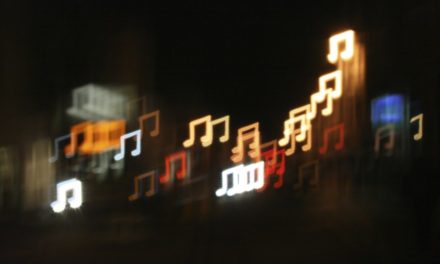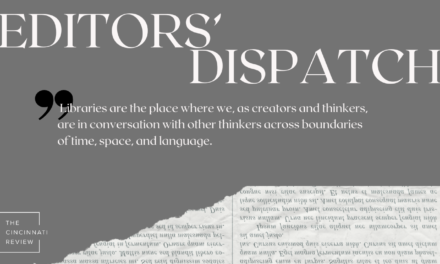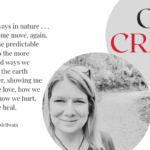We’re pining for our poetry editor, who is reading CR submissions all the way across the pond (ain’t technology grand). He returns this summer from his semester-long stint at the Seamus Heaney Centre for Poetry in Belfast. We look forward to hearing all about his adventures abroad, but he’s been kind enough to treat us with a few choice tidbits for our blog. Thanks, Don!
Don Bogen: Since we get our news here largely from the BBC—their Belfast studios are just down the road—it’s hard to avoid detailed coverage of things royal, including, most recently, the wedding of Wills (as the press delights in calling him) and Kate. Among the wedding gifts Queen Elizabeth presented her grandson and his bride were various 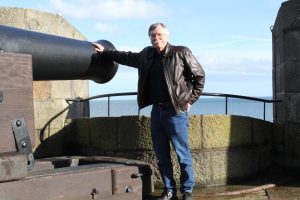 titles. The one that seems to have stuck is Duke and Duchess of Cambridge, which results in their being called now, somewhat awkwardly, the Cambridges. But, to take care of this particular realm of the United Kingdom, the couple has also been named Baron and Baroness of Carrickfergus, a small town just a train ride north of Belfast, near where the inlet called Belfast Lough meets the sea. We’d been up there once before but took the trip again recently with a visiting relative.
titles. The one that seems to have stuck is Duke and Duchess of Cambridge, which results in their being called now, somewhat awkwardly, the Cambridges. But, to take care of this particular realm of the United Kingdom, the couple has also been named Baron and Baroness of Carrickfergus, a small town just a train ride north of Belfast, near where the inlet called Belfast Lough meets the sea. We’d been up there once before but took the trip again recently with a visiting relative.
Carrickfergus (or Fergus’s Rock, where an ancient king was shipwrecked around 530) is a rather grim town in a gorgeous setting, with lovely views across the Lough toward Bangor and east toward Scotland. Its historic claim to fame is a fortified Anglo-Norman castle dating from the twelfth century, designed for protection against invaders from the sea. It also has remnants of a city wall from the seventeenth century, designed for protection against the locals. There are two gates left, one of which was particularly assigned to the Irish, who were allowed to come into the town and work during the day but kept out at other times. You can hear a good bit of the complicated history of this part of the world in the names of the folks running things, starting with those Norman types John de Courcy and Hugh de Lacy, down through Sir Arthur Chichester, the governor who built the walls and whose descendents became the Donegall dynasty—and on to the Windsors. It’s possible to buy a poster of the new Baron and his wife superimposed in front of a photograph of the castle, as if the couple were floating in a rowboat just beneath the tower. I don’t think they’ve visited yet.
Carrickfergus’s other noteworthy structure is the Church of St. Nicholas, where the father of the poet Louis MacNeice was rector. MacNeice was born in Belfast in 1907 but moved with his family to Carrickfergus in 1909. He spent most of his adult life in England and tends to be seen as a member of the Auden circle of the 1930s, but, as the poet Michael Longley points out in his fine introduction to MacNeice’s Selected Poems, his childhood in Ulster is fundamental to his work. Not as a source of happy memories—as the rector’s son, he felt alienated from both the working-class Catholic population and the dour Scottish Calvinism of the Presbyterians—but as the anchor for a particular turn of mind that tempers lyricism with an eye for details in the real world. The opening of “Carrickfergus” gives a good sense of what this part of the world was like when he was a boy:
I was born in Belfast between the mountain and the gantries
To the hooting of lost sirens and the clang of trams:
Thence to Smoky Carrick in County Antrim
Where the bottle-neck harbour collects the mud which jams
The little boats beneath the Norman castle,
The pier shining with lumps of crystal salt;
The Scotch Quarter was a line of residential houses
But the Irish Quarter was a slum for the blind and halt.
The brook ran yellow from the factory stinking of chlorine,
The yarn-mill called its funeral cry at noon;
Our lights looked over the lough to the lights of Bangor
Under the peacock aura of a drowning moon.
Not to worry, Wills and Kate, the industrial griminess of both Belfast and Carrickfergus is long gone (along with the shipping and textile industries). The castle is thoughtfully restored—great fun to explore—and you can pose by a cannon pointing out to sea.

